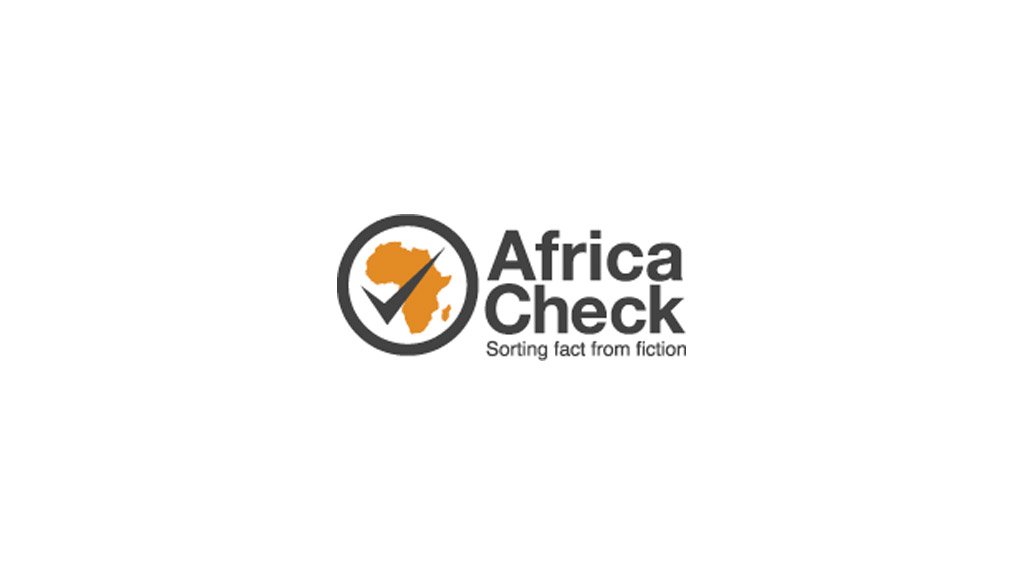Nigeria’s petrol subsidy is feverishly debated, with the government caught between economic realities and political concerns.
The country is Africa’s largest oil exporter but due to a lack of refining capacity imports nearly all its fuel. Nigerians are also no strangers to crippling shortages at the pump caused by market inefficiencies.
Authorities have for months held the pump price at N165 a litre, with the market difference paid to oil marketers. There have been claims that without the subsidy, Nigerians would pay up to five times more for petrol.
Many Nigerians view the subsidy as one of the few benefits of living in an oil-producing economy. And with elections looming, the government has been wary of doing away with it, despite a new law requiring it.
The cost of the subsidy, estimated at tens of billions of dollars, has been contentious, with the World Bank and International Monetary Fund among high profile critics. The situation has been worsened by current high oil prices, leading to the curious situation where instead of a windfall, the economy is backed into a corner.
Others say the cost of the subsidy cuts into crucial social spending, with more spent on it than on healthcare.
As the debate has raged, various claims have circulated online, including that the money budgeted for the subsidy in 2022 could fund a refinery with a capacity of 650,000 barrels a day. Many of these claims can be seen archived here, here and here.
We looked at three.
Claim: The Nigerian government has budgeted N4 trillion for the fuel subsidy in 2022.
Verdict: Correct
After the January 2022 decision to continue the subsidy, president Muhammadu Buhari asked for more funds to support it.
In April, federal legislators approved the request, increasing the subsidy budget from N442.72-billion to N4 -rillion, or nearly 10 times more.
The initial figure had been approved for the first six months of 2022. The country’s finance minister attributed the sharp increase to the rise in oil prices caused by the conflict in Ukraine.
Fuel subsidy a ‘criminal enterprise’?
Subsidy fraud has been another key concern.
“The main problem is that there is no accurate way of knowing how much fuel we consume in this country,” Sheriffdeen Tella, a professor of economics at the Olabisi Onabanjo University, Ago-Iwoye in southwest Nigeria, told Africa Check.
“In many cases, marketers exaggerate the volume of fuel imported, falsify documents to collect subsidies for fuel they didn’t import and sometimes present fuel refined as imported fuel.”
Nigeria’s junior minister of petroleum, Timipre Sylva, has gone so far as to describe the fuel subsidy as “a criminal enterprise”.
Tella said he believed the government should end the subsidy “right away”. “The extra funds the government is earning due to the rise in the oil price can be used to cushion the impact of the subsidy removal."
Claim: Dangote’s refinery cost N4.1-trillion.
Verdict: Incorrect
Aliko Dangote, Africa’s richest person, is building a refinery with a capacity of 650 000 barrels a day. Many observers claim its price is the same as the subsidy budget sought by Buhari.
At the current official exchange rate, the Dangote Petroleum Refinery in Lagos will cost about US$9.9-billion.
The refinery is set to start operations in the third quarter of 2022. In April, its owner described it as a $19-billion project. This is about N7.89-trillion at current rates, or double the figure claimed online.
Other international media have reported the same figure.
The government has a 20% stake in the refinery through the state-owned Nigeria National Petroleum Company.
Claim: Nigeria can build a refinery as big as the Dangote refinery this or every year.
Verdict: Incorrect
Because its main refineries are in various states of disrepair, Nigeria imports nearly all the petroleum products it consumes, after exporting large volumes of crude oil to refineries in other countries.
But it would be incorrect to say the Nigerian government could build a 650 000 barrels-per-day petroleum refinery in a year with the subsidy amount, Ekpen Omonbude, an energy and mineral resources economist, told Africa Check.
“It’s impossible to build that kind of refinery in a year. N4.1-trillion cannot build a 650 000 barrels-per-day petroleum refinery. It will cost a lot more than that,” he said.
“It is also not that simple. Beyond building it, the operations also require funds. With a growing deficit, the Nigerian is not in a good position to do this.”
Omonbude added that money allocated to repairing the refineries had “gone down the drain”, so they were “still far from working efficiently”.
Construction of the Dangote refinery began more than seven years ago, in 2015. Its refining capacity is more than all of Nigeria’s five refineries put together. (Note: for more on the state of these refineries, read our factsheet.)
Dangote refinery ‘not the answer’ to fuel subsidy
Tella, the economist, agreed. He told Africa Check public funds shouldn’t be used to build large refineries.
“Definitely, N4.1-trillion cannot build [another] Dangote refinery. But it might be sufficient to build smaller refineries, like the modular refineries. However, if the government builds refineries it should partner with the private sector,” Tella said.
Omonbude warned that the Dangote refinery was not the answer if the goal was to maintain the country’s current low pump price of fuel.
“The Dangote refinery is a business. It will buy crude at global market price and it still will not be able to sell at the current price of petroleum motor spirit [petrol] without a subsidy,” he said.
Researched by Allwell Okpi, Researcher & community manager, Africa Check
EMAIL THIS ARTICLE SAVE THIS ARTICLE
To subscribe email subscriptions@creamermedia.co.za or click here
To advertise email advertising@creamermedia.co.za or click here











